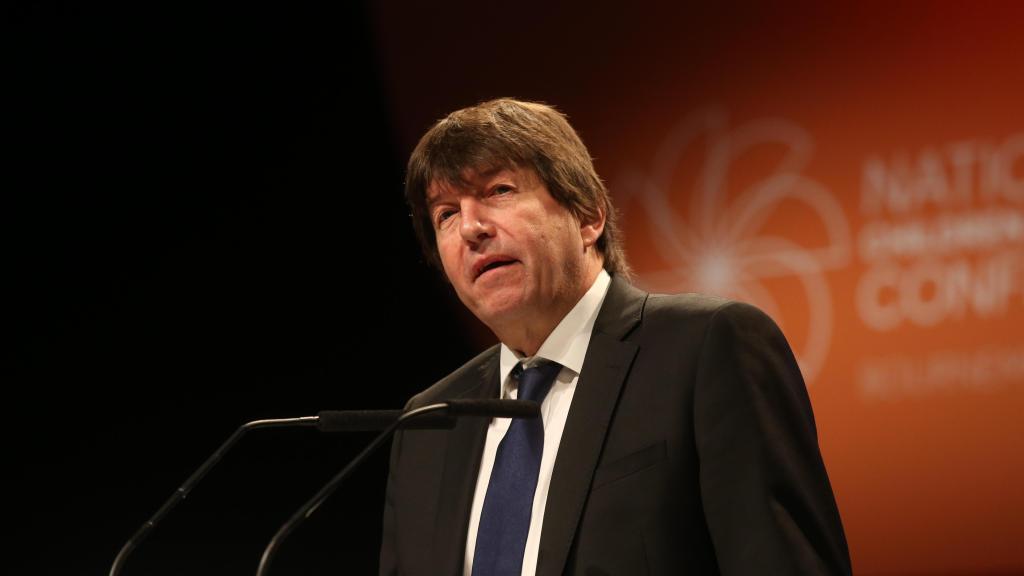Rachel Reeves’ Budget Fails to Address Inheritance Tax Reform
The Chancellor’s decision to apply inheritance tax on pensions is a significant move. While this may cause discomfort for savers who have relied on the previous exemptions for their retirement and estate planning, it creates a more equitable approach among various asset types, especially since pension funds have already received tax relief and tax-free growth.
However, the implementation set for 2027 is anticipated to be a substantial shift, warranting urgent reforms in the way inheritance tax (IHT) is administered and estates are managed after a passing. The current system is riddled with bureaucratic hurdles that often leave grieving families entangled in a complicated process with HM Revenue & Customs (HMRC) and probate offices.
Rachel Reeves’ recent budget introduced no significant reform opportunities. Ultimately, the greatest beneficiary remains HMRC, which accrues interest on delayed IHT payments at a current rate of 7.5 percent, slated to decrease to 7.25 percent soon due to adjustments linked to the Bank of England’s base rate.
The government has begun consultations on the new regulations but has indicated that pension plan administrators will be tasked with calculating and remitting any IHT owed from retirement funds directly to HMRC. The responsibility for IHT due on other assets will still rest with the estate’s executor.
Starting in April 2027, the government outlines that the estate’s executor—often a lawyer or a close friend or family member—will inform pension administrators about the deceased’s accounts and request essential details like fund valuations and death benefit rights. Pension schemes are required to respond within two months. During this period, the executor must work against a six-month timeframe to pay the IHT and avoid incurring penalties, which begins at the end of the month the person passes away.
Using the information obtained from the pension, the executor will assess the entire estate’s value and communicate any unused IHT allowances to the pension firm, which can then be subtracted from the pension pot’s value.
From that point, it will be the pension scheme’s duty to determine and pay any applicable IHT on the pension assets, while the executor will handle the remaining estate. Both parties bear individual responsibility for any late payment interest that may arise.
This bureaucratic back-and-forth could be avoided under the current IHT payment system, where unused pension assets typically do not impact the tax owed. Nevertheless, the government plans to retain the six-month payment requirement even as these rules evolve.
Pension schemes often struggle with efficient management, particularly following a death. If an estate encompasses multiple pension schemes, delays are likely as responses from the slowest scheme dictate the timeline for the executor.
The situation grows even more complicated when the executor is an amateur—like a family member or friend coping with their loss. Grieving individuals may find even basic tasks overwhelming when faced with the intricacies of tax regulations and extensive bureaucratic processes.
Compounding this issue are frequently malfunctioning communication lines and delays at HMRC, making the six-month deadline for settling IHT appear less reasonable.
A more reasonable approach would be to extend the six-month payment deadline to accommodate the new, more complex process. An extension to 12 months could help acknowledge the additional challenges posed by grief and the associated bureaucratic hurdles.
This point likely hasn’t been ignored intentionally. As HMRC collects late payment interest, it is ultimately the treasury that benefits.
Johanna Noble is currently unavailable.






